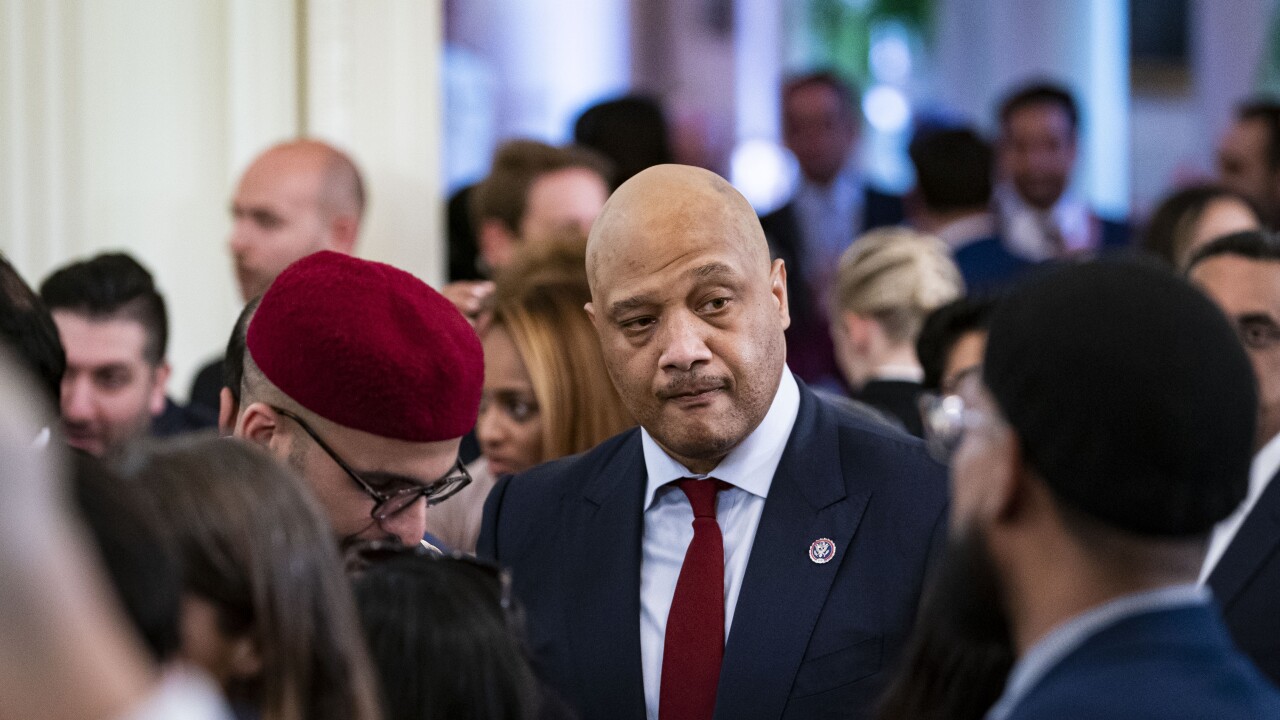Puerto Rico's government defended its estimates after an analyst said the fiscal projections backing its plans to restructure its debt overstate anticipated cash shortfalls over the next five fiscal years by $8.4 billion.
"A recent sales and trading commentary from a Morgan Stanley Municipal Credit Desk analyst includes a number of factual and mathematical errors in addition to what appear to be a number of unstated, unsupported and erroneous assumptions that have significantly misled the market," the Working Group for the Fiscal and Economic Recovery of Puerto Rico said in a
On Sept. 9 Puerto Rico released its Fiscal and Economic Growth Plan saying that the commonwealth government faced a $14 billion cash shortfall from the current fiscal year through fiscal year 2020 assuming it paid all its debts, took tough measures to cut spending and increase revenues, and the commonwealth had moderate economic growth.
On Sept. 11, Ryan Brady, an analyst on the Sales and Trading Desk at Morgan Stanley, released a set of slides claiming, based on the same assumptions, that the next five years would actually leave Puerto Rico with a significantly smaller $5.6 billion shortfall. For comparison, Puerto Rico's current fiscal year's General Fund budget is $9.8 billion.
Brady's analysis was reported by news outlets including Bloomberg and the New York Times. The Main Street Bondholders Coalition cited the report in a press release Sept. 16, arguing that the Governor's projections "don't even add up."
The Main Street Bondholders Coalition claims to represent small Puerto Rico bondholders.
The Working Group said Brady had double counted revenues from Act 154's tax on foreign corporate profits, leading to $2.7 billion in extra revenues over the five years.
The group said the Morgan Stanley analyst had treated payable amortization as a number decreasing the financing gap rather than increasing it, thereby diminishing the deficit by $500 million in the period. He extended payables over 10 years based on the incorrect premise that payables only relate to public corporations, thereby cutting the deficit by $1.2 billion in the period. Since payables are owed to a wide range of entities they cannot be extended this amount, according to the Working Group.
Brady incorrectly assumed that Puerto Rico's spending connected with the federal Affordable Care Act will have no increase in claims or premiums in this period, reducing projected gaps in the period by $1.1 billion. Finally, it counts the benefits of extending Puerto Rico's Law 66 twice, slicing the five year deficit by $1.6 billion, the group said.
If the Working Group is right, remedying these errors would add about $7.1 billion to the financing gap through fiscal 2020. If added to Brady's total of $5.6 billion they would yield $12.7 billion, leaving the gap within 10% of the Working Group projected $14 billion.
Morgan Stanley declined to comment for this story.
While Brady sees the Working Group's plan as overly pessimistic about Puerto Rico's financial future, Municipal Market Analytics' Weekly Outlook suggested on Sept. 14 that it was overly optimistic.
The plan, "contemplates a wide variety of generally low probability outcomes and solutions," a Weekly Outlook analyst wrote. "Among other things, these include an only modest economic decline between 2015 and 2020 (-1% growth); sweeping changes to Federal labor and tax law as they apply to Puerto Rico; an efficient and complete restructuring of the commonwealth's governmental agencies and tax structure; systematic spending restraint; a compliant Puerto Rico legislature willing to quickly adopt all proposed ideas; an effective implementation of the value added tax with minimal tax elasticity; and an otherwise docile community of non-capital market stakeholders (including employees who don't strike, service recipients who don't protest, taxpayers who don't accelerate out-migration trends, corporations that don't apply political pressure, etc.)."





